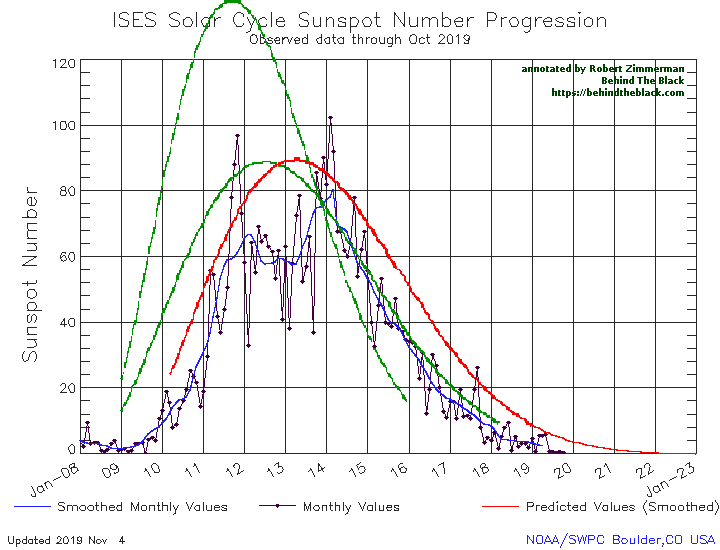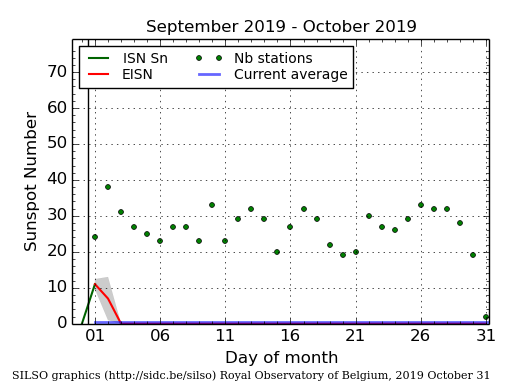The dark future predicted by this week’s elections
Because the elections this past week on November 5 took place during an off year, they were mostly local, and thus have a limited value in predicting the public’s overall political attitude. The results however can still give us a hint about the future, and are thus worth looking at for that reason.
In general, the results were mostly mixed, with Democrats doing great in some suburbs and in Virginia, and Republicans doing great in the down slate races in Mississippi and Kentucky. The governorship elections were also mixed, with the Republicans winning in Mississippi and the Democrats winning in Kentucky.
Other results also suggest mixed results on a variety of propositions. The link above notes the defeat of a leftist proposition in Washington that would have repealed the state’s prohibition on using affirmative action quotas. On the other hand, in New York City voters approved ranked voting, an election system that Democrats have used in Maine and California to destroy Republican opposition.
Overall however I consider these results a disaster for the future of freedom, democracy, and our Constitutional system. The Democratic Party has made it very clear in the past three years that it no longer respects all three. More importantly, they have also made it clear that they are willing to use slander, libel, and any number of vicious McCarthyite tactics to squelch and destroy anyone who opposes them.
It is terrifying to me that the public seems undecided or ambivalent about these facts, and still willing to vote for Democrats, many of whom have openly supported these tactics and positions. In fact, it suggests a large percentage of the population, majorities in many places, actually applaud the Democratic Party’s fascist tactics and positions.
This week’s elections therefore once again reaffirm for me a very pessimistic future coming in the next few election cycles. Even if Trump should win in 2020, the voting pattern that we have seen in both 2018 (when the voters gave control of the House to the Democrats) and 2019 suggest that his win will be mixed, and that the power the Democrats presently hold in Congress will remain firm and unchallenged. This is what the voters have been telling us. They are not ready to clean house in the Democratic Party.
Dark times are coming. Be ready.
Because the elections this past week on November 5 took place during an off year, they were mostly local, and thus have a limited value in predicting the public’s overall political attitude. The results however can still give us a hint about the future, and are thus worth looking at for that reason.
In general, the results were mostly mixed, with Democrats doing great in some suburbs and in Virginia, and Republicans doing great in the down slate races in Mississippi and Kentucky. The governorship elections were also mixed, with the Republicans winning in Mississippi and the Democrats winning in Kentucky.
Other results also suggest mixed results on a variety of propositions. The link above notes the defeat of a leftist proposition in Washington that would have repealed the state’s prohibition on using affirmative action quotas. On the other hand, in New York City voters approved ranked voting, an election system that Democrats have used in Maine and California to destroy Republican opposition.
Overall however I consider these results a disaster for the future of freedom, democracy, and our Constitutional system. The Democratic Party has made it very clear in the past three years that it no longer respects all three. More importantly, they have also made it clear that they are willing to use slander, libel, and any number of vicious McCarthyite tactics to squelch and destroy anyone who opposes them.
It is terrifying to me that the public seems undecided or ambivalent about these facts, and still willing to vote for Democrats, many of whom have openly supported these tactics and positions. In fact, it suggests a large percentage of the population, majorities in many places, actually applaud the Democratic Party’s fascist tactics and positions.
This week’s elections therefore once again reaffirm for me a very pessimistic future coming in the next few election cycles. Even if Trump should win in 2020, the voting pattern that we have seen in both 2018 (when the voters gave control of the House to the Democrats) and 2019 suggest that his win will be mixed, and that the power the Democrats presently hold in Congress will remain firm and unchallenged. This is what the voters have been telling us. They are not ready to clean house in the Democratic Party.
Dark times are coming. Be ready.


